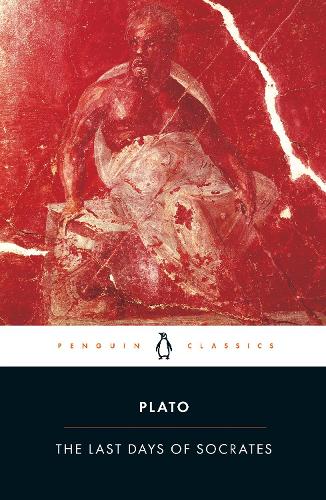
The Last Days of Socrates
(Paperback)
Available Formats
Publishing Details
The Last Days of Socrates
By (Author) Plato
Translated by Hugh Tredennick
Translated by Harold Tarrant
Introduction by Harold Tarrant
Notes by Harold Tarrant
Penguin Books Ltd
Penguin Classics
27th May 2003
27th March 2003
United Kingdom
Classifications
General
Non Fiction
183.2
Physical Properties
Paperback
304
Width 129mm, Height 197mm, Spine 16mm
227g
Description
The trial and condemnation of Socrates on charges of heresy and corrupting young minds is a defining moment in the history of Classical Athens. In tracing these events through four dialogues, Plato also developed his own philosophy, based on Socrates' manifesto for a life guided by self-responsibility. Euthyphro finds Socrates outside the court-house, debating the nature of piety, while The Apology is his robust rebuttal of the charges of impiety and a defence of the philosopher's life. In the Crito, while awaiting execution in prison, Socrates counters the arguments of friends urging him to escape. Finally, in the Phaedo, he is shown calmly confident in the face of death, skilfully arguing the case for the immortality of the soul.
Author Bio
Plato (c.427-347 BC) stands with Socrates and Aristotle as one of the shapers of the whole intellectual tradition of the West. He founded the Athenian Academy, the first permanent institution devoted to philosophical research and teaching, and the prototype of all Western universities. Hugh Tredennick was Dean of the Faculty of Arts at London University. Harold Tarrant is Senior Lecturer in Classics at the Univesity of Sydney.
